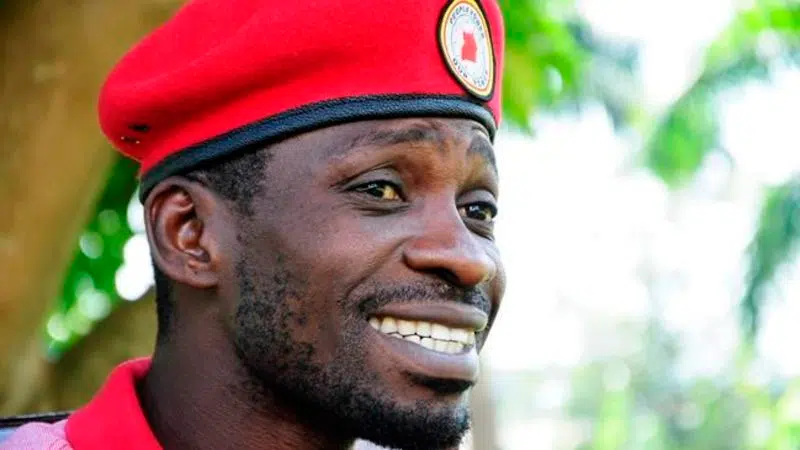
Ugandan singer Bobi Wine plans to run for president in 2021
KAMPALA, Uganda — Ugandan pop star and opposition figure Bobi Wine said Monday he will challenge longtime President Yoweri Museveni in a 2021 election “on behalf of the people.”
But Wine, whose real name is Kyagulanyi Ssentamu, said he is concerned about his safety after what he believes was an attempt on his life last August. His driver was shot dead in his car after protesters threw stones at the president’s motorcade.
Wine’s arrest at the time sparked protests in Uganda’s capital, Kampala. The 37-year-old said he is fearful of harm from running for president because “there has never been a threat to this regime like the threat we pose to it today as a generation.”
“I live every day as it comes, not being sure of the next day,” Wine said in an interview with The Associated Press. “I am not blind to the fact that the regime wants me dead and wants me dead as soon as possible.”


